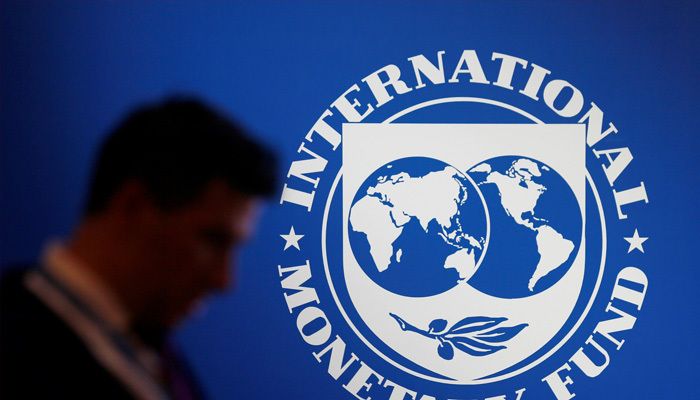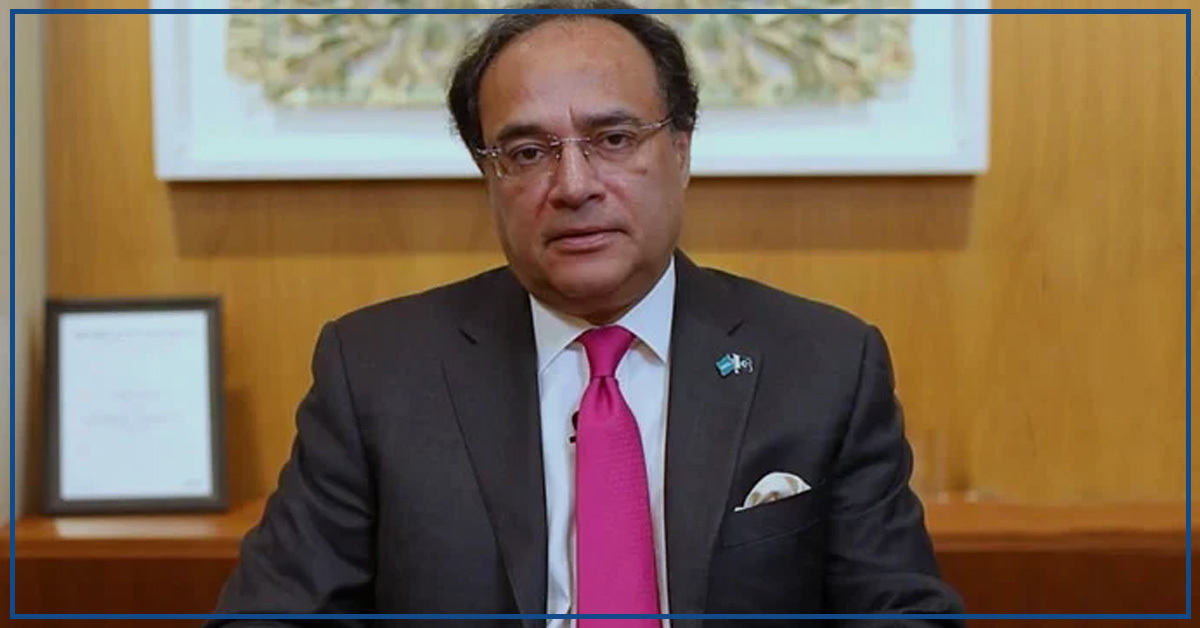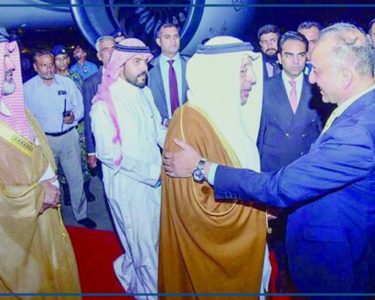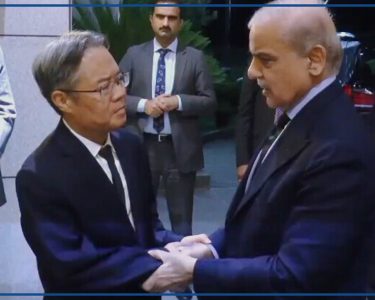In the pursuit of sustainable economic growth and fiscal stability, the Aurangzeb administration has set its sights on forging a fresh staff-level agreement with the International Monetary Fund (IMF) by the culmination of the current fiscal year. This strategic endeavor underscores the administration’s commitment to implementing prudent fiscal policies and structural reforms aimed at bolstering the nation’s economic resilience and facilitating long-term development objectives.
An agreement with the IMF serves as a testament to a country’s commitment to fiscal discipline and economic reform. It provides a framework for financial assistance, technical expertise, and policy guidance, thereby enabling governments to address macroeconomic imbalances, strengthen financial systems, and enhance institutional capacity. For nations grappling with economic challenges, such as Pakistan, collaboration with the IMF can be instrumental in stabilizing currencies, attracting foreign investment, and restoring investor confidence.
The primary objectives of the proposed staff-level agreement between the Aurangzeb administration and the IMF revolve around fostering macroeconomic stability, stimulating inclusive growth, and advancing structural reforms across key sectors of the economy. These objectives encompass:

Achieving macroeconomic stability entails restoring fiscal discipline, curbing inflationary pressures, and maintaining exchange rate stability. Through targeted fiscal consolidation measures and prudent monetary policies, the administration aims to rein in budget deficits, contain inflation, and stabilize the currency to create a conducive environment for sustainable growth and investment.
Promoting inclusive growth entails fostering equitable economic opportunities, reducing poverty, and addressing socio-economic disparities. The proposed agreement emphasizes the implementation of pro-poor policies, social safety nets, and targeted interventions to enhance human capital development, expand access to essential services, and promote job creation, particularly in marginalized communities and underserved regions.
Advancing structural reforms is imperative for enhancing productivity, competitiveness, and resilience in the face of evolving global challenges. The agreement underscores the need for reforms in key sectors, including taxation, energy, governance, and the business environment, to streamline regulations, improve efficiency, and unlock the country’s growth potential. By addressing structural bottlenecks and promoting private sector-led development, these reforms aim to foster innovation, entrepreneurship, and sustainable economic diversification.
The Aurangzeb administration’s pursuit of a fresh staff-level agreement with the IMF signifies a proactive approach to addressing economic challenges, promoting sustainable development, and enhancing global competitiveness. By leveraging IMF collaboration, the administration aims to achieve macroeconomic stability, foster inclusive growth, and advance structural reforms essential for unlocking the country’s growth potential and improving the welfare of its citizens.





